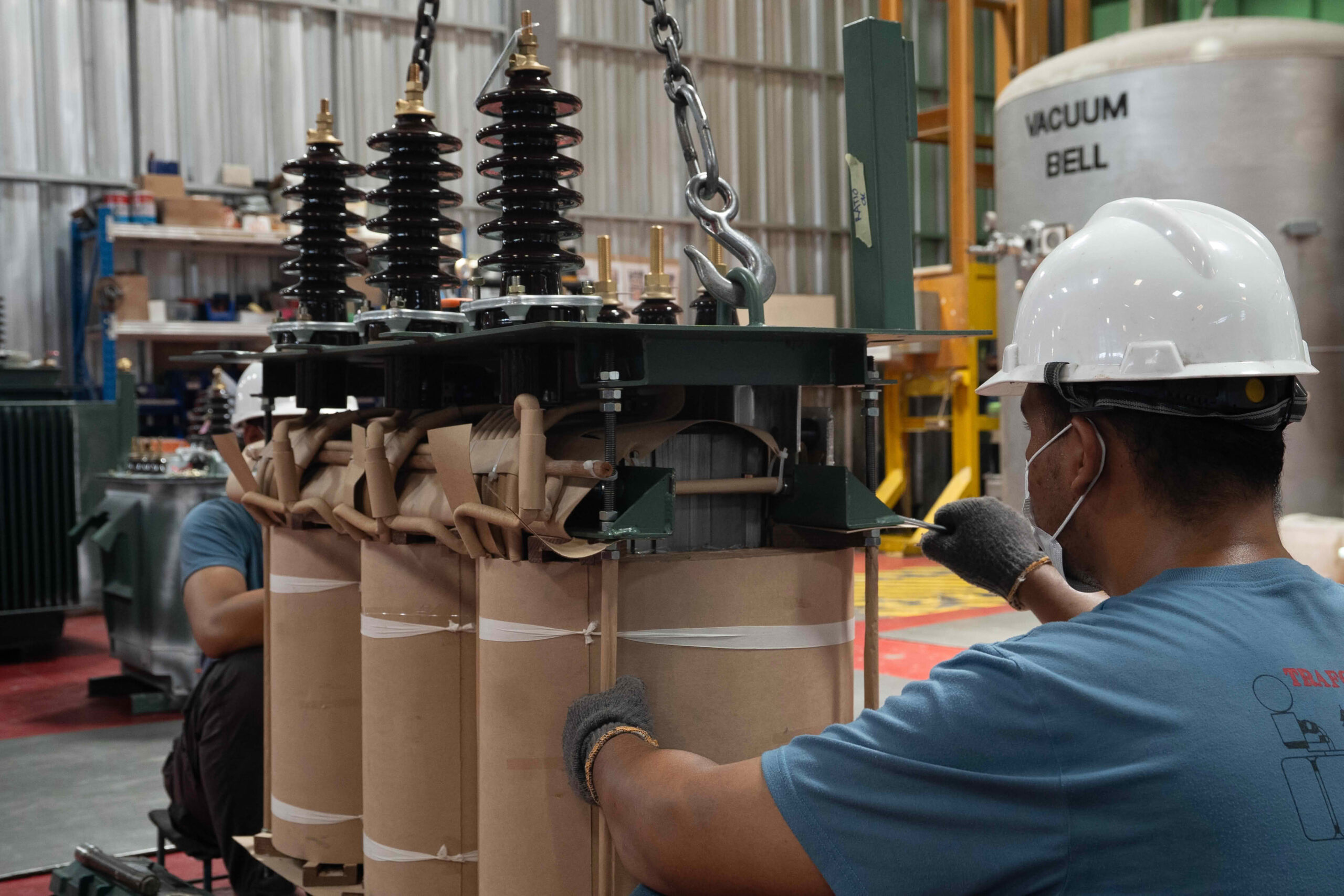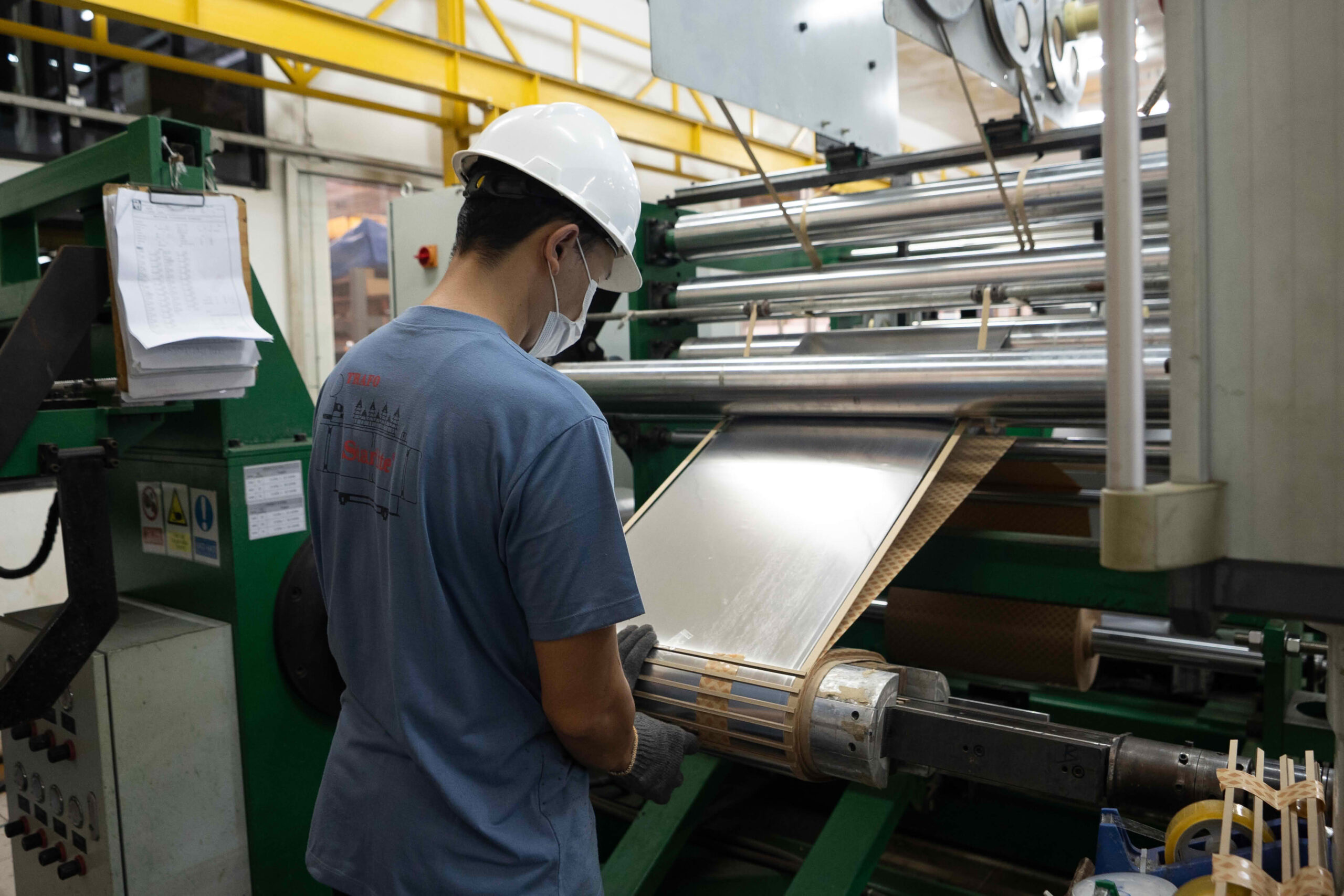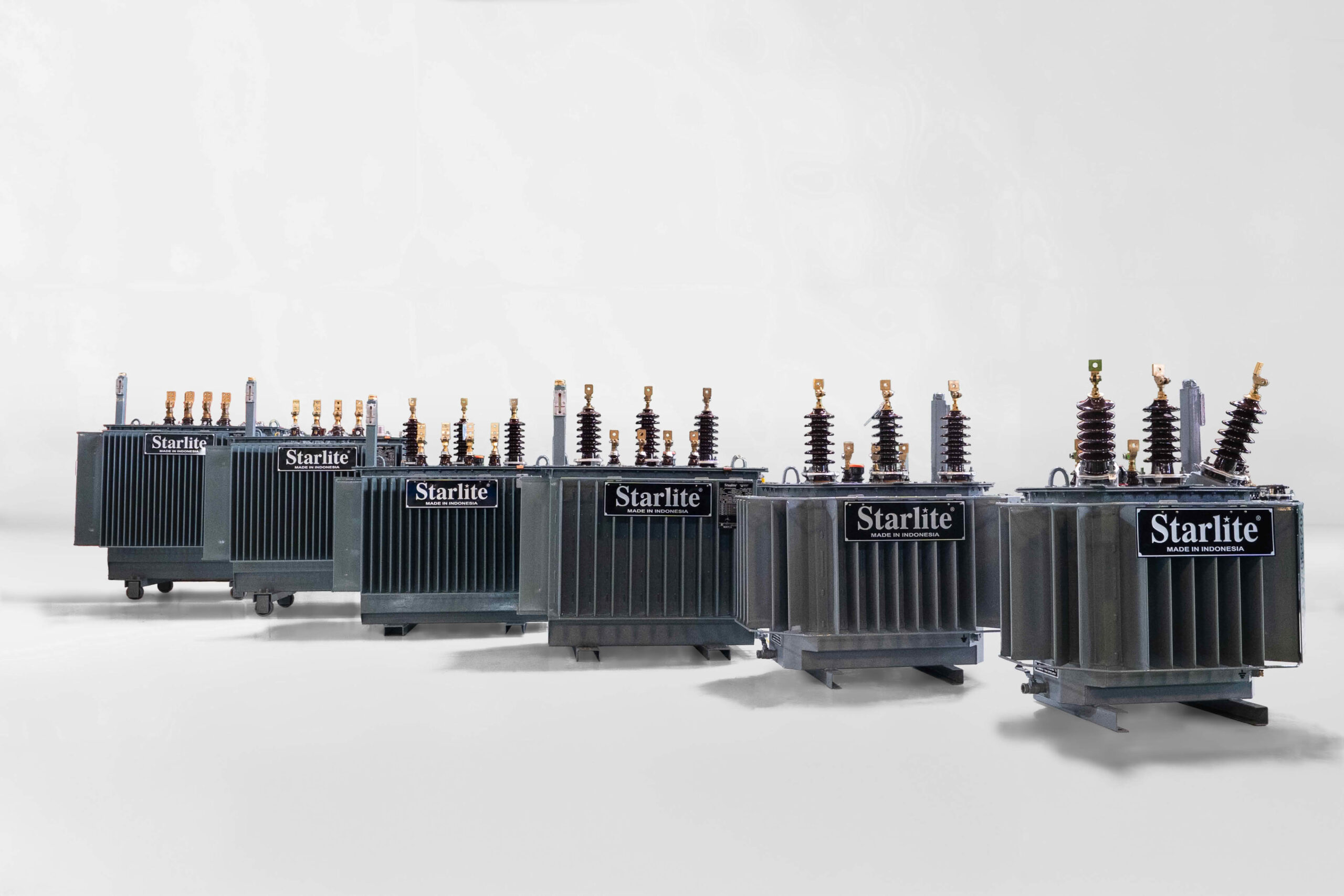26 April 2025
Sustainability in Transformer Technology: Reducing Impact, Enhancing Efficiency
As global attention shifts toward climate change and resource conservation, the energy sector is being reshaped by sustainability goals. Transformer design is evolving accordingly. Traditionally manufactured with mineral oil and steel cores, today’s transformers are being engineered with a stronger emphasis on eco-friendliness and energy efficiency.
Several innovations are driving this shift. Biodegradable insulating fluids, such as natural esters, offer superior environmental safety compared to conventional mineral oils. Amorphous metal cores, known for their low hysteresis loss, contribute significantly to reducing core losses, improving overall energy efficiency. Additionally, transformer designs are becoming more modular and recyclable, supporting circular economy principles.
Life cycle assessments (LCAs) are increasingly used to evaluate a transformer’s environmental footprint, encouraging manufacturers to adopt greener practices throughout design, production, and end-of-life disposal. These efforts also align with international environmental standards such as IEC 60076-14 and ISO 14001.
At Asata Utama, sustainability is a foundational value. We actively integrate eco-conscious design and manufacturing principles to offer transformer solutions that meet both performance demands and environmental responsibilities—supporting utilities and infrastructure developers in achieving their ESG goals.
Other News
Read All News
26 April 2025
Transformers in The Renewable Energy Landscape: Enabling a Flexible, Green Grid

26 April 2025
Sustainability in Transformer Technology: Reducing Impact, Enhancing Efficiency

26 April 2025
 ENGLISH
ENGLISH 